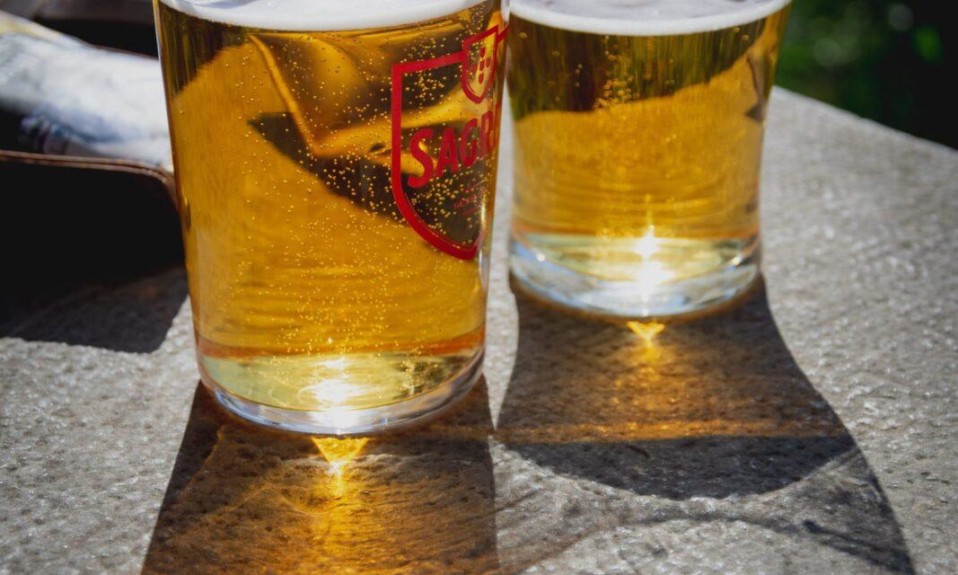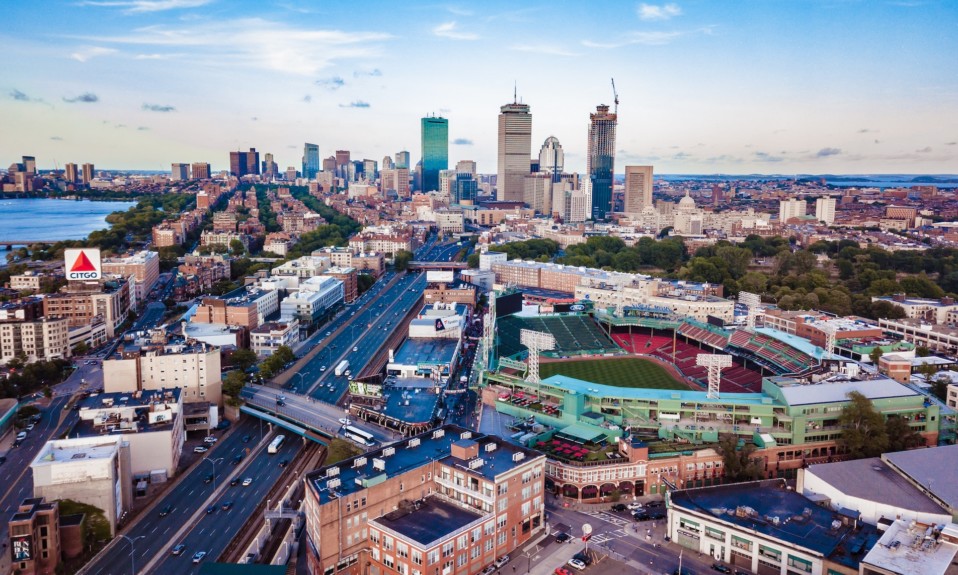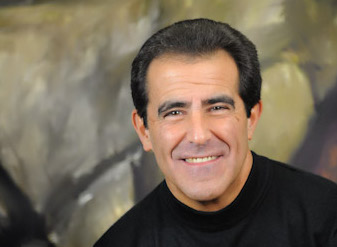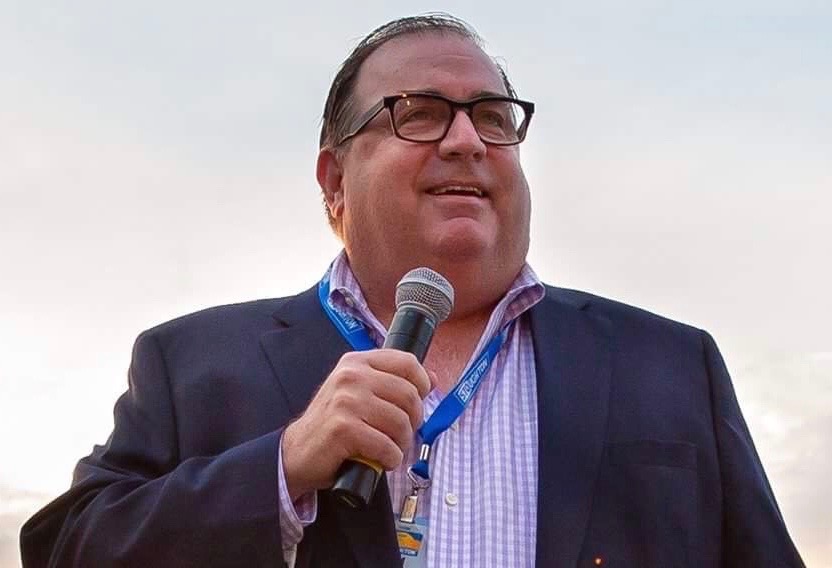Americans are stocking up on spirits, but not necessarily consuming all of it during this pandemic
By Jason Langendorf
August 15, 2020
Concerns about Americans’ alcohol consumption during the coronavirus outbreak reached a fevered pitch shortly after shelter-in-place restrictions were handed down in late March. National headlines focusing on rising alcohol sales during this period, based on weekly Nielsen study data, painted a stark picture. Our national narrative, fueled by talk-show monologues and advertisements for curbside liquor-store service and now supported by hard numbers, was cemented: coronavirus was driving us to drink.
But a recent national survey from Kelton Global and Medical Technology and WEconnect suggests a slightly more nuanced story. Americans are, in fact, drinking more during the COVID-19 crisis, according to the study—just not to the extent that many believed. Among the nearly 2,000 survey participants, 21% reported that they were drinking more alcohol as compared to their consumption habits before the coronavirus outbreak. But fewer than a third of those respondents answered that they were drinking “a lot” more than they previously had. And in the same survey, 13% of participants claimed to be drinking less alcohol since the start of the pandemic. Meanwhile, 30% of survey participants reported no change in their consumption and 35% responded as non-drinkers.
“Study: 21% reported that they were drinking more alcohol … 30% of survey participants reported no change in their consumption and 35% responded as non-drinkers.”
Nielsen’s data—which found alcohol sales up 55% in the week ending March 21 over 2019—describes fluctuations in sales from week to week, and compares weekly figures from year to year. But it can’t explain the why behind those sales. Experts suspect travel restrictions and quarantine directives compelled many Americans to stockpile alcohol in late March, and though sales remain up, the rate of growth over last year has since stabilized.
“It’s very large and very broad,” Danny Brager, senior vice president of Nielsen’s Beverage Alcohol practice, said of U.S. alcohol sales in early April, “[and] likely running well ahead of consumption.”
This isn’t to diminish the significance of alcohol’s adverse effects or the increased risk of misuse as Americans cope with health concerns around COVID-19, as well as the anxiety of social and economic difficulties brought on by the pandemic. The Centers for Disease Control and Prevention (CDC) recorded an average of approximately 88,000 deaths from alcohol-related causes annually from 2006-2010, making alcohol the third-leading preventable cause of death in the U.S. Additionally, drinking can weaken the immune system, possibly making one more vulnerable to the coronavirus.
The longer the pandemic wears on—depressing employment, inflicting financial distress and creating social and emotional chasms for countless Americans—the more likely they may be to turn to unhealthy coping mechanisms.
The Kelton Global and WEconnect survey found that half of participants who claimed to be drinking more during the pandemic were doing so to deal with stress or anxiety—more than any other reason. And among those respondents were a significantly higher percentage of people with an annual income of less than $50,000, a demographic that is especially vulnerable because of the higher likelihood they lack insurance—and thus equal access to treatment and recovery services.
Photo: Sandra Grünewald














